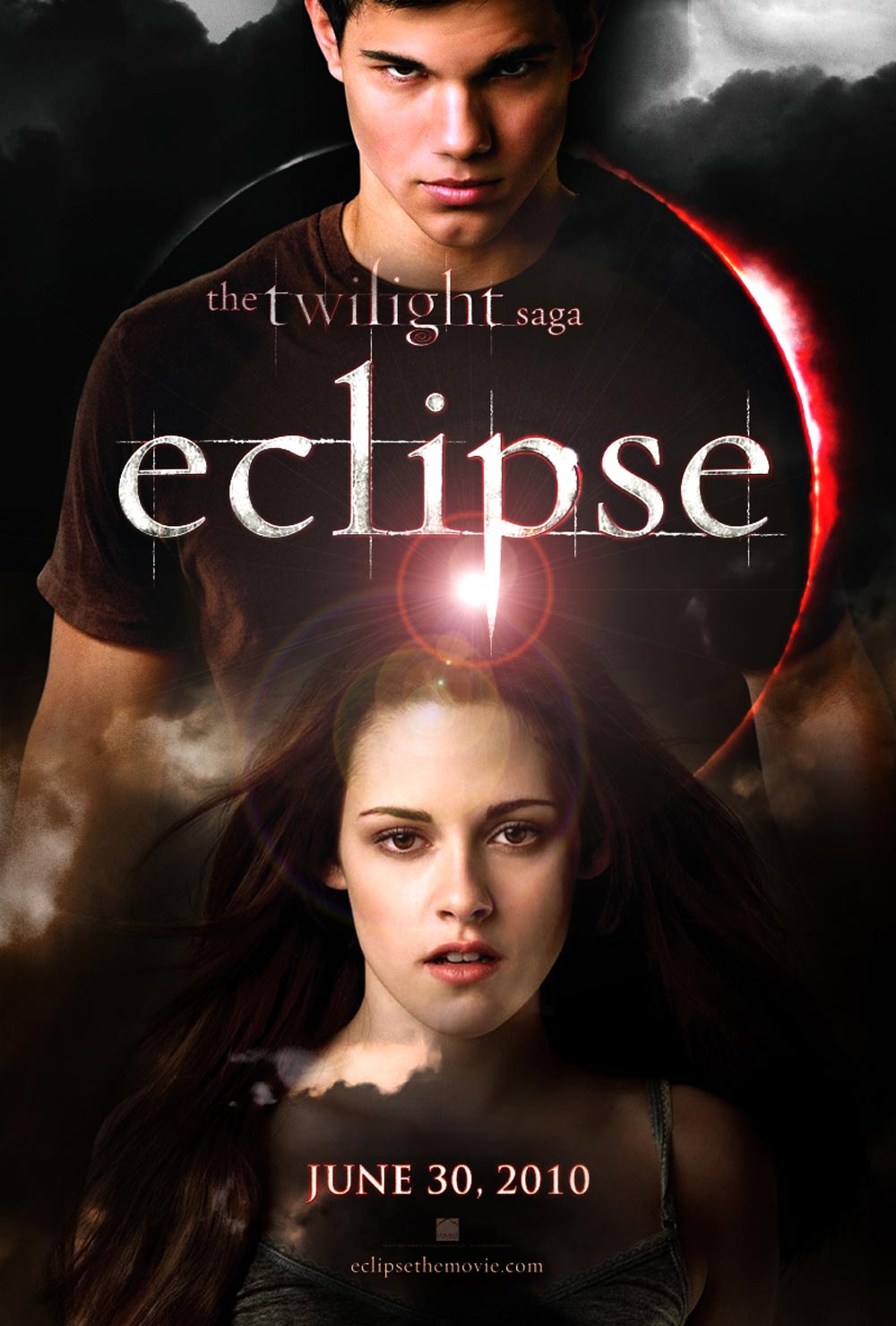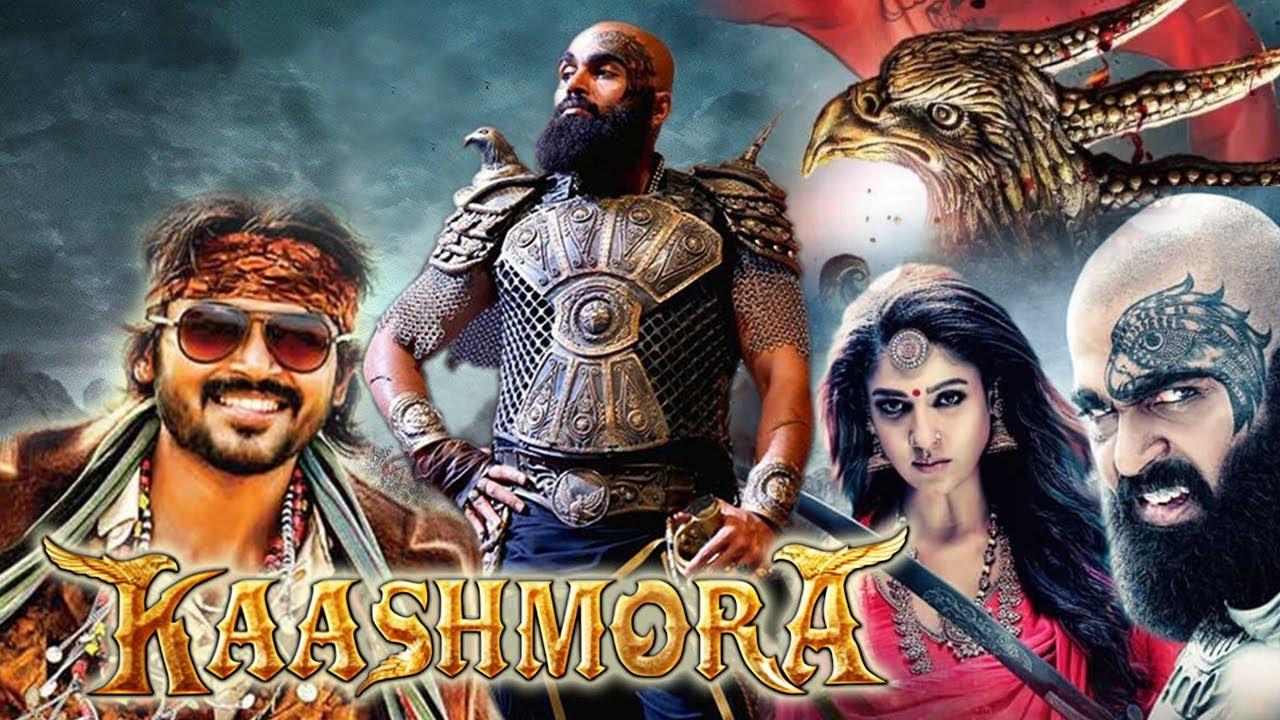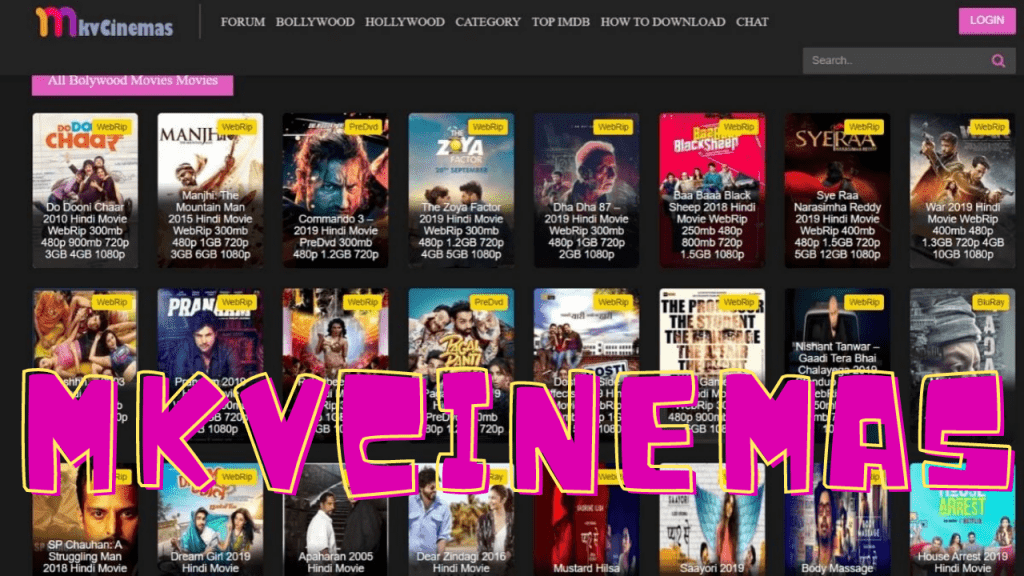In the ever-evolving landscape of digital media, the MKV movie format has emerged as a popular choice among filmmakers and audiences alike. This versatile container format, known as Matroska Video, offers a plethora of benefits that make it suitable for various types of content—from high-definition films to amateur videos. As technology advances, the need for efficient and high-quality media storage solutions has never been more crucial, and MKV has stepped up to the challenge.
The MKV movie format is characterized by its ability to hold an unlimited number of video, audio, and subtitle tracks in a single file. This feature allows for a seamless viewing experience, as viewers can choose their preferred audio or subtitle options without the need for separate files. Furthermore, MKV’s compatibility with various devices and platforms has made it a go-to format for both creators and consumers.
As we delve deeper into the realm of MKV movies, we will uncover the intricacies of this format, its advantages, and how to effectively utilize it for your viewing pleasure. Whether you are a casual viewer or a dedicated filmmaker, understanding the MKV movie format will enhance your digital media experience.
What is an MKV Movie?
MKV, or Matroska Video, is a multimedia container format that can encapsulate video, audio, subtitles, and metadata into a single file. This open-source format is designed to be flexible and expandable, making it ideal for various types of content. It supports high-quality video and audio codecs, ensuring that filmmakers can deliver their work in the best possible quality.
Why Choose MKV Movies Over Other Formats?
The MKV movie format offers several advantages that set it apart from other formats:
- High Quality: MKV supports high-definition video and lossless audio, providing an unparalleled viewing experience.
- Multiple Streams: It can contain multiple audio and subtitle tracks, allowing for a customizable viewing experience.
- Open Source: Being an open-source format, it is free to use and widely supported by various media players.
- Metadata Support: MKV files can include extensive metadata, such as chapter information and cover art.
How to Play MKV Movies?
Playing MKV movies is straightforward, thanks to the wide range of media players that support this format. Some popular options include:
- VLC Media Player: A free and open-source player that supports almost all video formats, including MKV.
- Media Player Classic: A lightweight media player that offers a simple interface and supports MKV playback.
- PotPlayer: A feature-rich media player with extensive customization options, supporting MKV files.
What are the Limitations of MKV Movies?
While MKV movies come with numerous benefits, there are some limitations to consider:
- Compatibility Issues: Although many players support MKV, some devices may not be compatible without additional software.
- File Size: MKV files can be larger than other formats due to high-quality video and audio, which may require more storage space.
How to Convert MKV Movies to Other Formats?
There may be instances where you need to convert MKV movies to different formats for compatibility reasons. Here are a few tools you can use:
- HandBrake: An open-source video transcoder that can convert MKV to various formats, including MP4 and AVI.
- Any Video Converter: A user-friendly tool that supports multiple formats and offers batch conversion.
- Freemake Video Converter: A free tool that can effortlessly convert MKV movies to a variety of formats.
Where to Find MKV Movies?
If you are looking to explore MKV movies, there are several platforms where you can find them:
- Streaming Services: Many online streaming platforms offer MKV content, especially for high-definition films.
- Torrents: While not always legal, torrent sites can be a source for downloading MKV movies.
- Online Movie Stores: Platforms like Google Play and Amazon often have MKV options available for purchase.
Are MKV Movies Worth the Hype?
Given the numerous benefits of MKV movies, including high quality, flexibility, and compatibility, it's clear that they are more than just a passing trend. For both filmmakers and viewers, the MKV format presents a viable option for enjoying and sharing digital content.
What is the Future of MKV Movies?
As technology continues to advance, the MKV movie format is likely to evolve and adapt. With the increasing demand for high-quality content and the rise of 4K and 8K resolutions, MKV’s ability to handle large files and multiple streams makes it a strong contender in the digital media landscape.
Conclusion: The Enduring Appeal of MKV Movies
In conclusion, MKV movies represent a significant advancement in the world of digital media. Whether you are a filmmaker seeking to deliver top-notch content or a viewer wanting the best possible experience, the MKV format is a powerful tool at your disposal. Embracing this format can elevate your understanding of digital media and enhance your overall enjoyment.
Bolly4u.com: Your Ultimate Destination For Bollywood Entertainment
Exploring The All Hub Movie Phenomenon
Exploring The World Of MrDeepfake: A Fascinating Dive Into Digital Alteration


